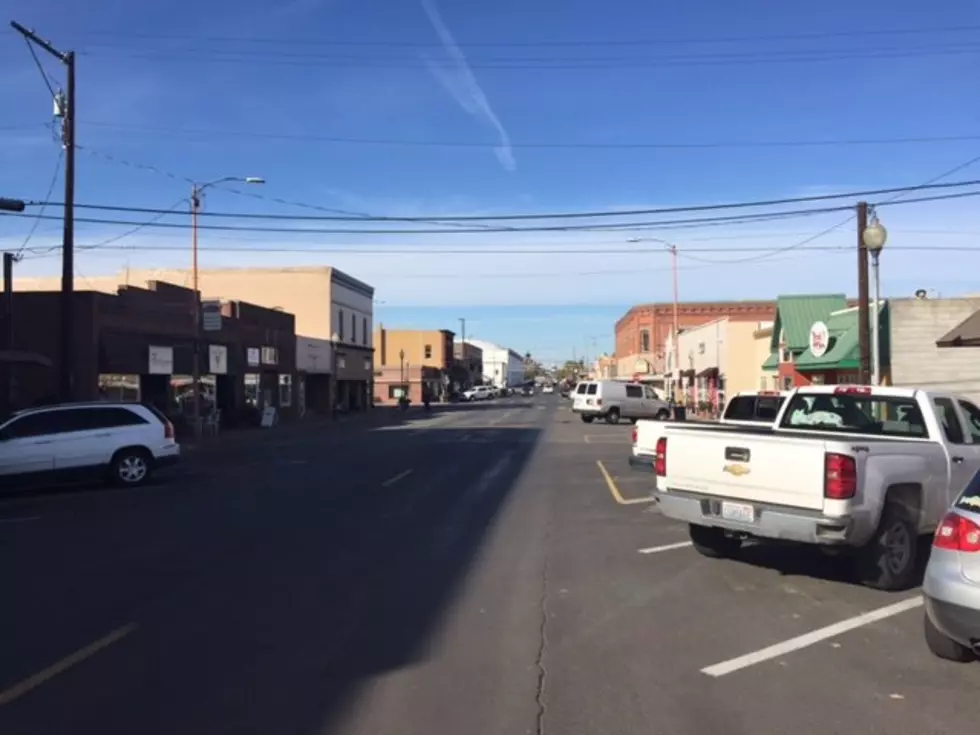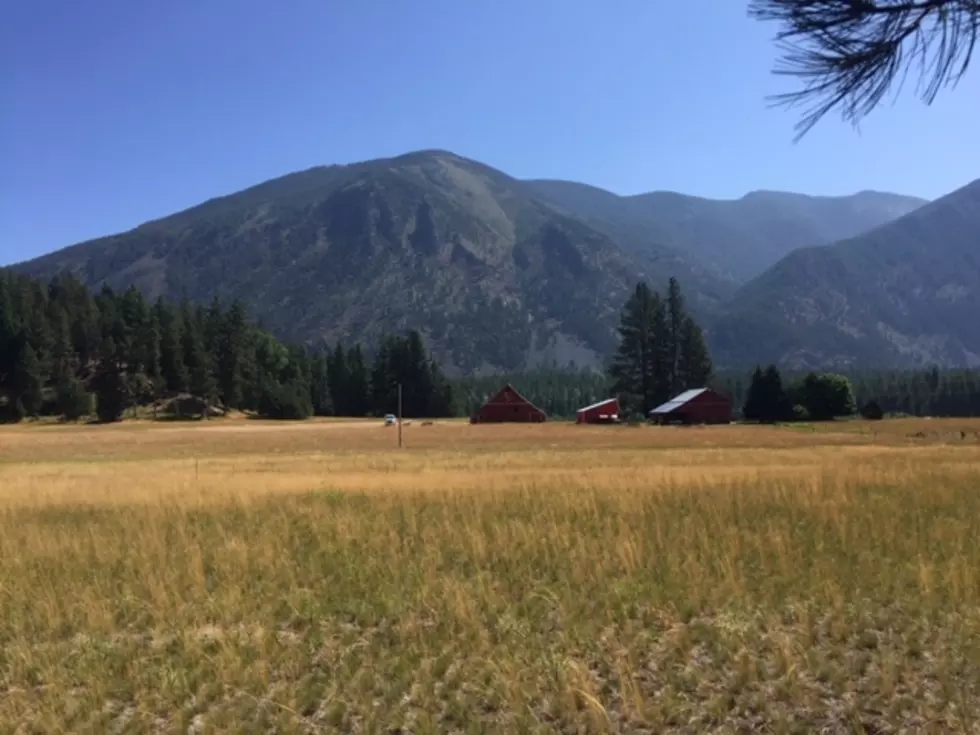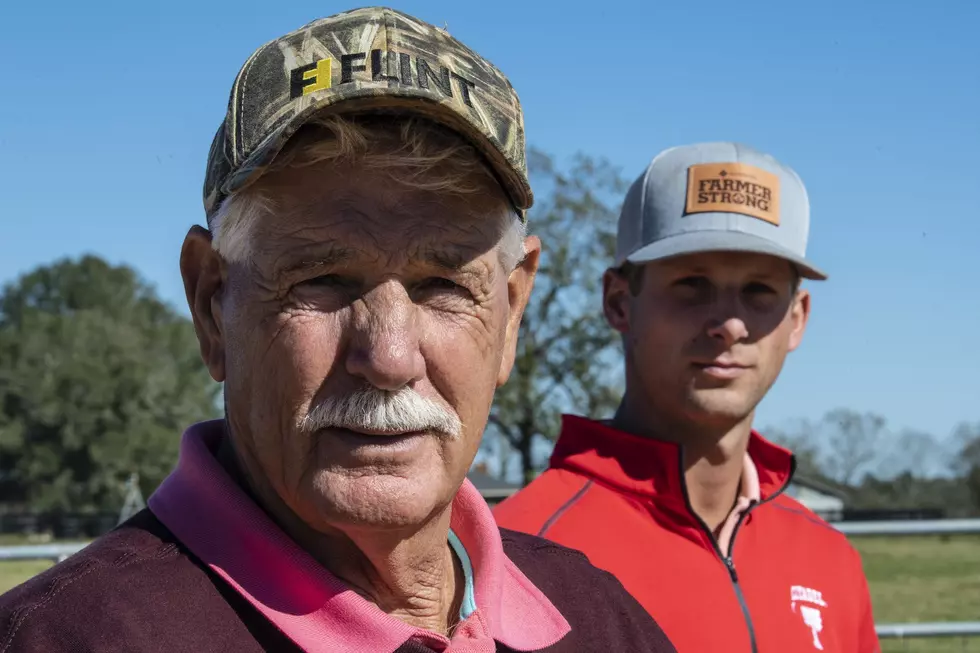
While Mainstreet Index Has Improved, More Needs To Be Done
Last month’s Creighton Rural Mainstreet Index posted its highest reading in six months. While the index level climbed above growth neutral at 53.2 in October, it also shows that a recession continues in Rural America. Creighton University’s Dr. Ernie Goss, chair of the Economic Department said things are going in the right direction, but there is still a lot of work to do to return to pre-COVID-19 levels.
“The farm economy is doing much better than what we saw back in the bad old days of April of this year, so things are looking better.”
“It certainly doesn’t hurt that the support payments to the farm economy are going to be about one-third of net farm income for 2020. Of course, we saw commodity prices that have risen significantly over the last six weeks. We see greater trade, certainly, in terms of China, that would be pork and soybeans. That helps a great deal. But on the flip side, some of the small businesses and retail outlets in rural areas are still not doing well.”
“We ask the bank CEOs about which sectors of their economy are getting hit the hardest right now," Dr. Goss continued. "Eight out of ten identified restaurants, taverns, and other businesses tied to leisure and hospitality. So, it’s clearly in the leisure and hospitality like it is in the urban areas of those ten states. But certainly, that’s holding back growth, and there is the potential that this V-shaped recovery, a sharp downward and then an upward trend, could turn to a W-shaped recovery because of the downturn in leisure and hospitality. Of course, we have Congress now debating another stimulus package, and we’ll have to see what comes of that.”
The September index was 46.9, which was below the growth-neutral point of 50. So, what does rural America need to see for the farm economy to improve?
“We need to see greater trade, we need to see the other nations begin trading, and we need to see the lockdowns in some parts of the U.S. open up. The lockdowns have not done what they were intended to do, they have simply delayed the inevitable, and they’ve really hurt the U.S. economy, and it’s hurt those states and areas that aren’t locked down,” Dr. Goss went on to say.
If you have a story idea for the PNW Ag Network, call (509) 547-1618, or e-mail gvaagen@cherrycreekmedia.com
More From PNW Ag Network









